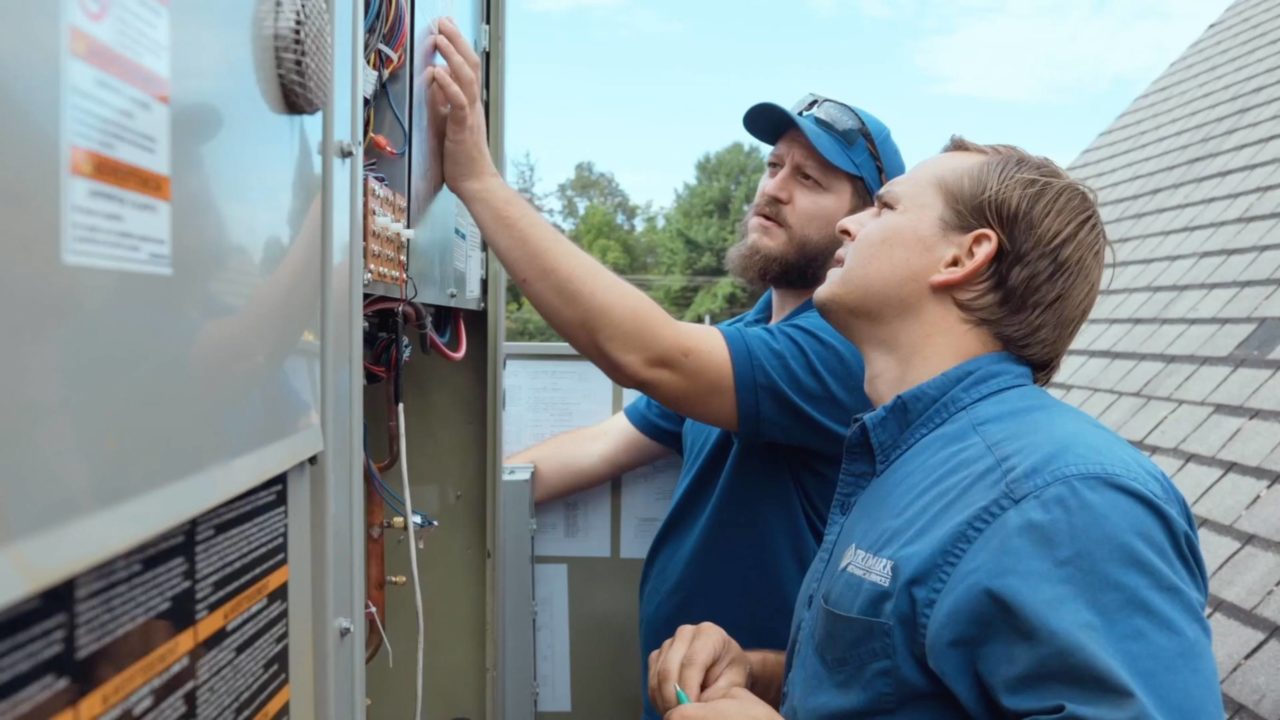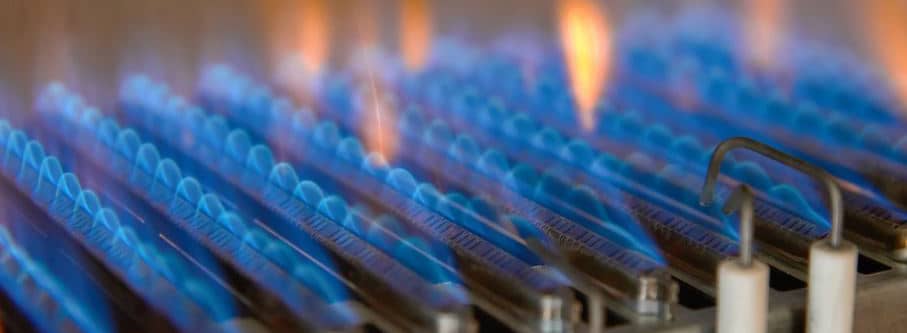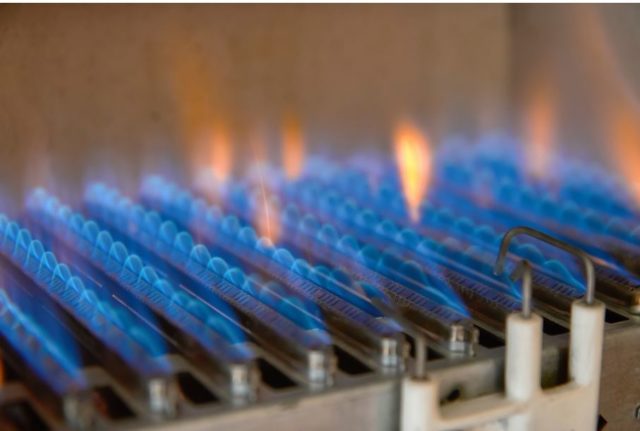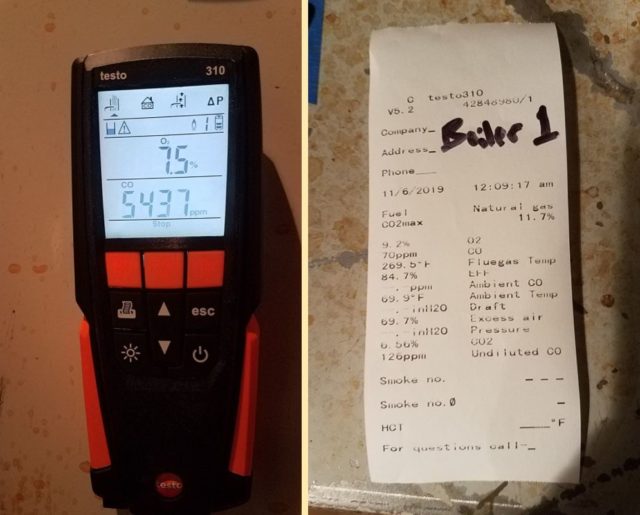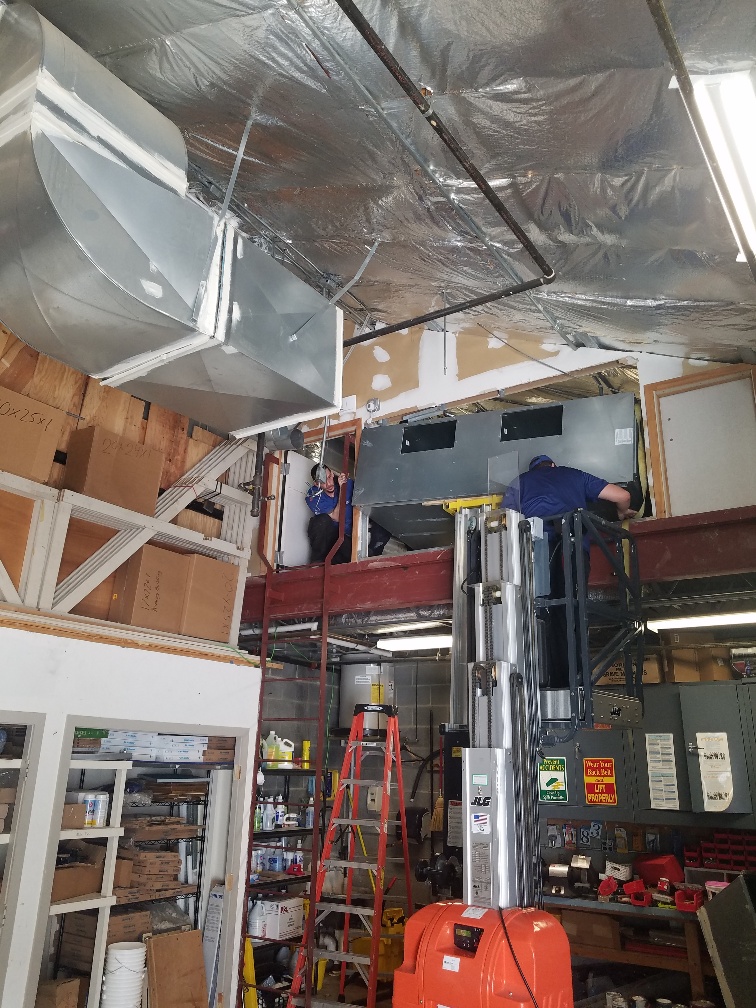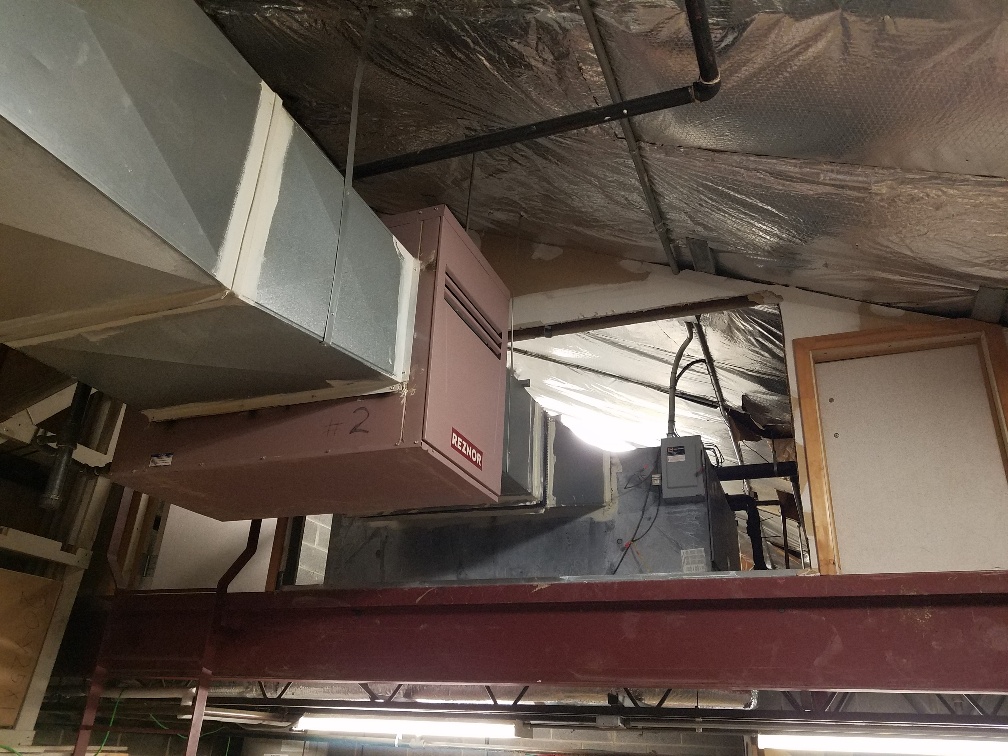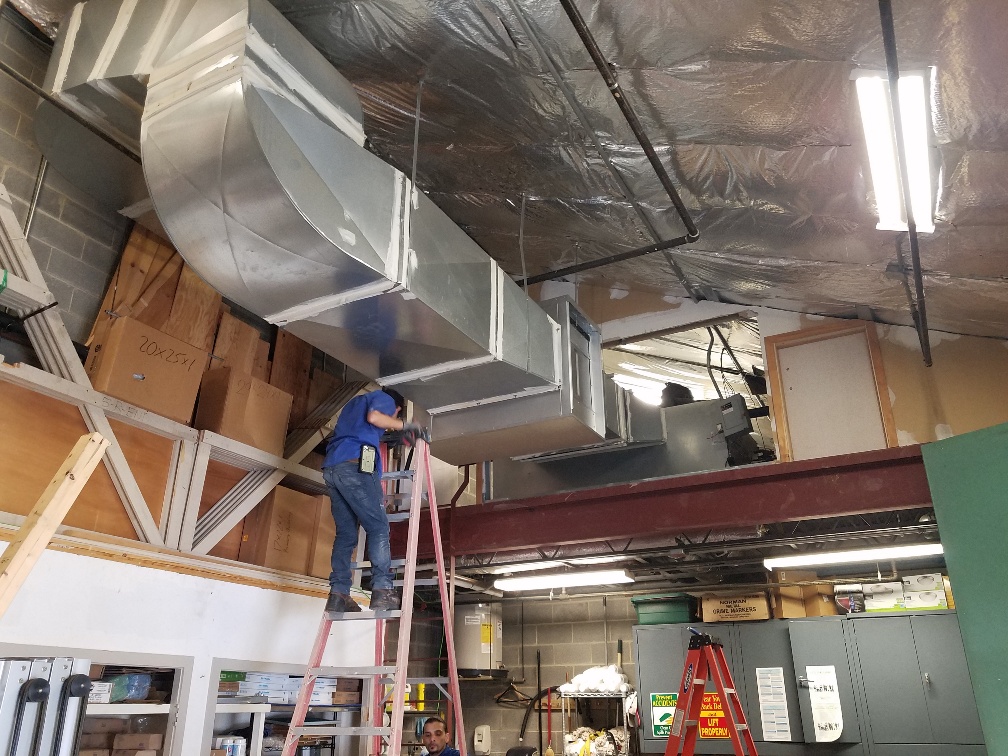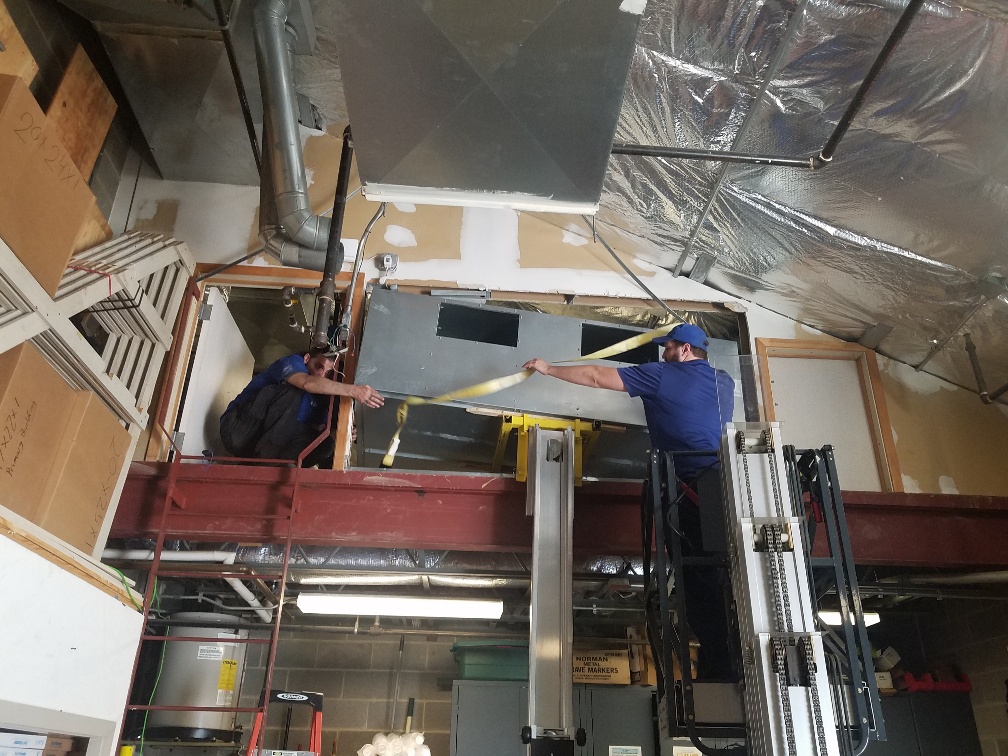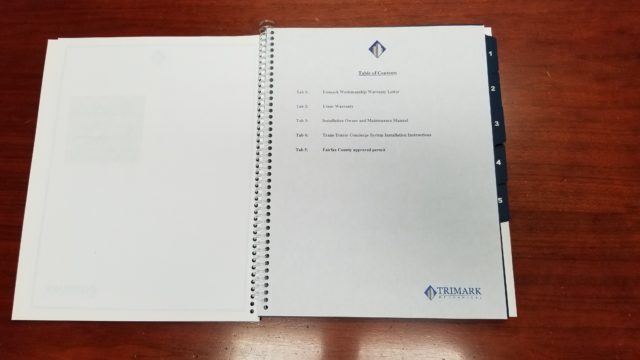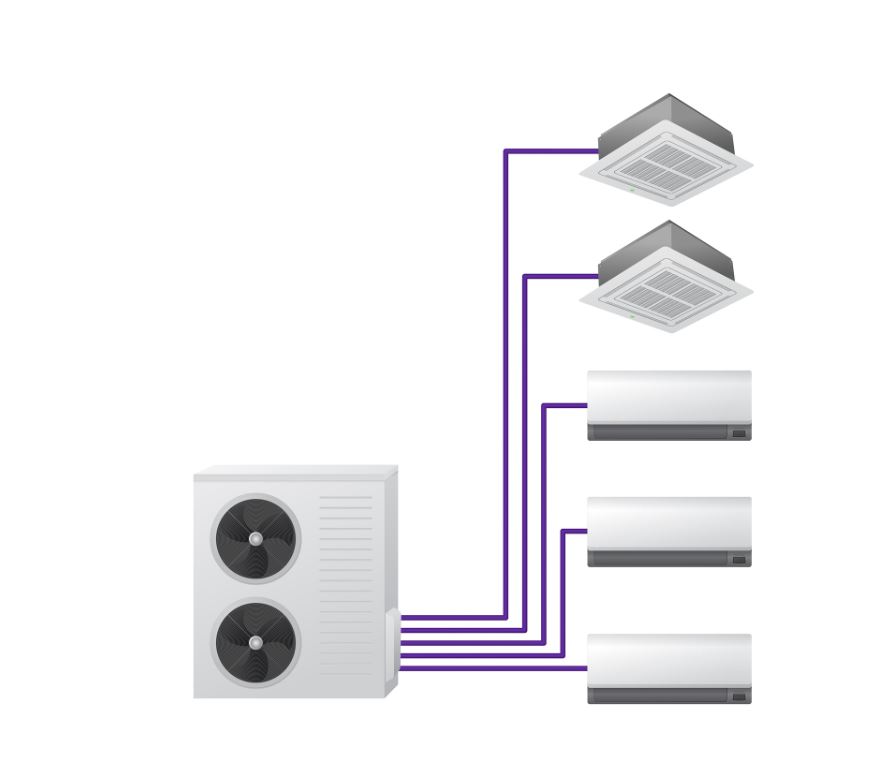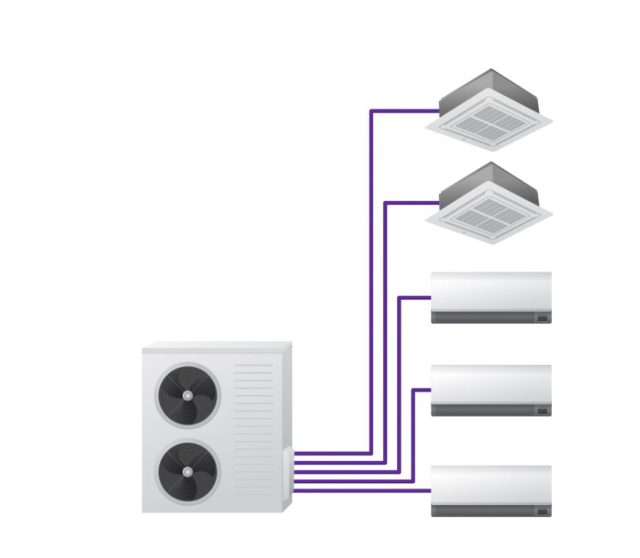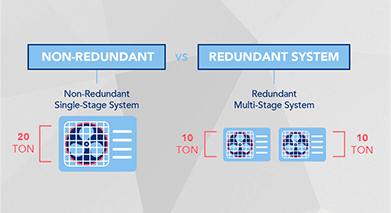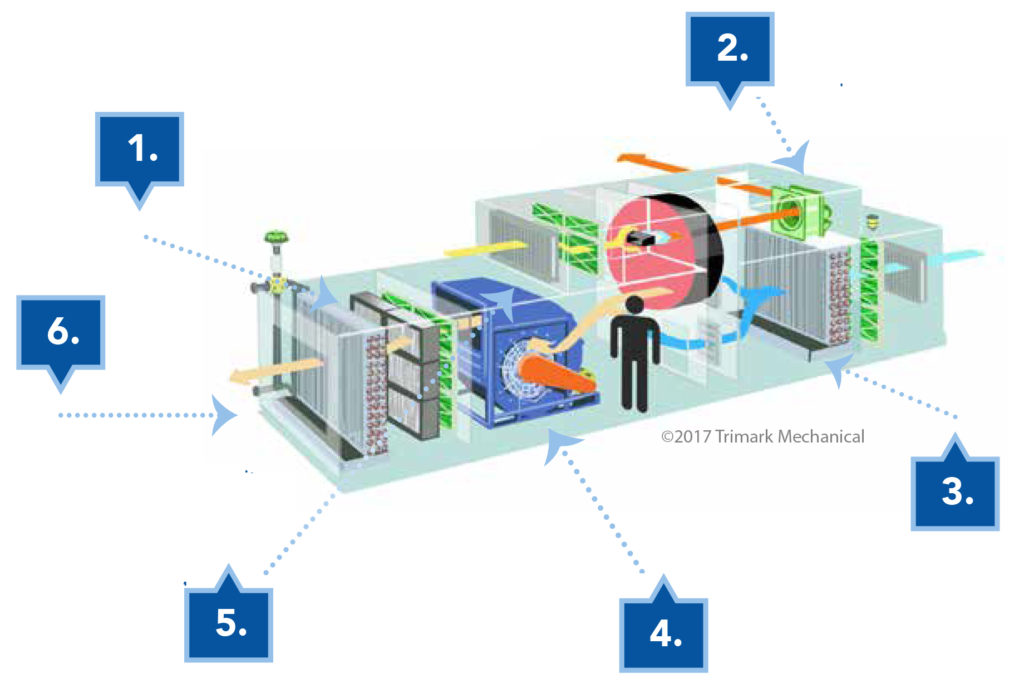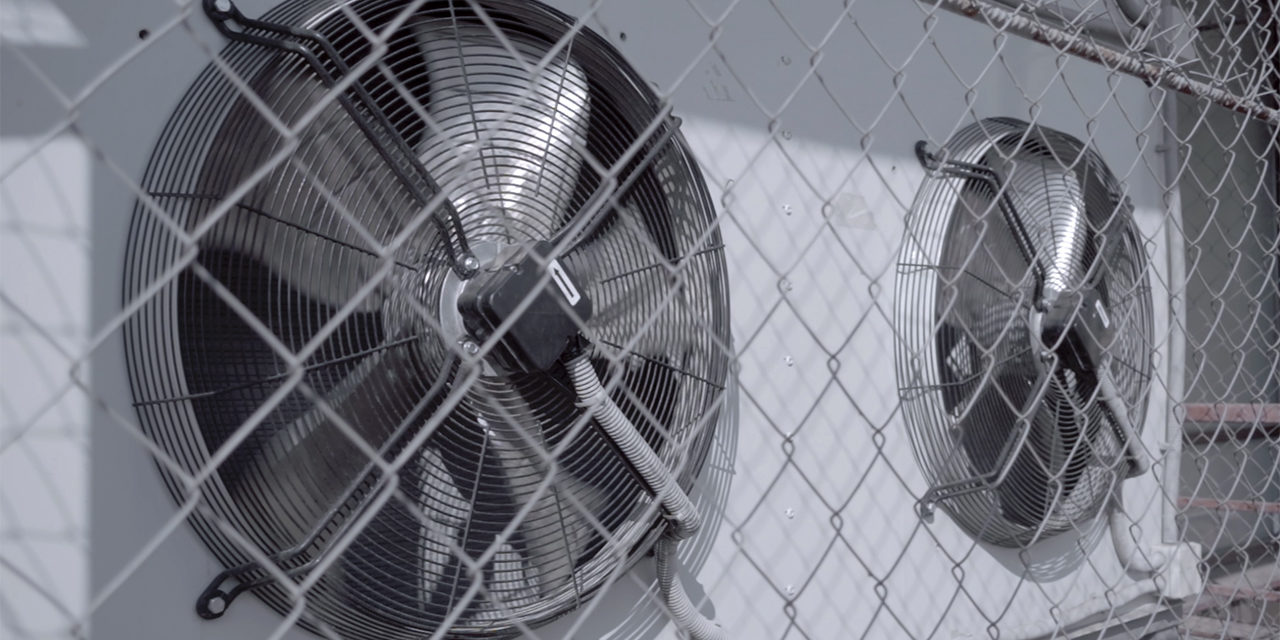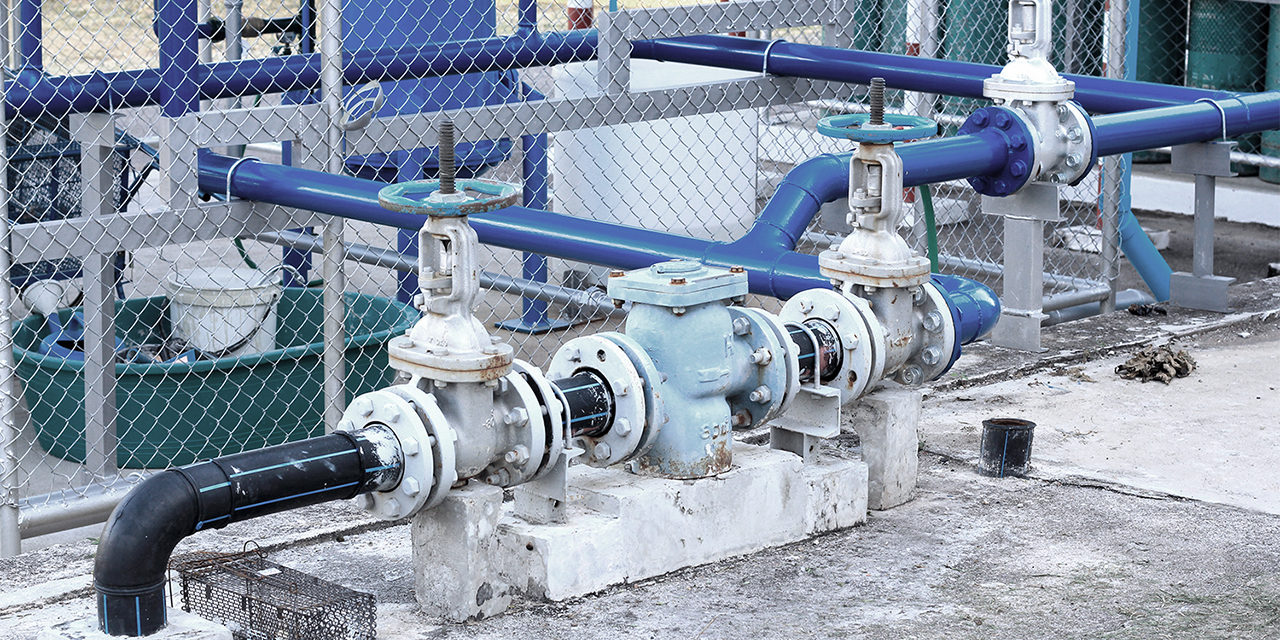You won’t offend us if you tell us the truth…
Spending money and time on your HVAC system isn’t the most glamorous or exciting of duties. And, as a community organization, every time we spend money on preventable HVAC issues, we lament over how those dollars could have been put to use in other, perhaps more impactful, ways.
That being said, not planning properly can come back to you in the worst ways: expensive emergencies, unexpected downtime, headache and mayhem on top of your existing workload.
If you want to plan better and save money on HVAC costs, here are a few key pieces of free advice from experts who have been serving organizations like schools, churches, and daycares for over 30 years:
Know your equipment
The very first step in making better decisions about your HVAC system is to simply be familiar with your system. This means answering questions such as:
- What type, size, and capacity are the major components of our HVAC system?
- How old is the system, and how does that compare to its estimated useful life?
- What is the maintenance history, or what can we assume about this based on the condition of the equipment?
- What are the current minor and major issues? Inadequate temperature control? New or updated areas within the building that aren’t served well?
- Are there specific times of the year when your equipment doesn’t perform up to par?
Putting a plan in place doesn’t cost a dime
After our first no-cost visit to you, we’ll send you a detailed breakdown of your system that helps prioritize maintenance, and where applicable, planning for larger replacements.
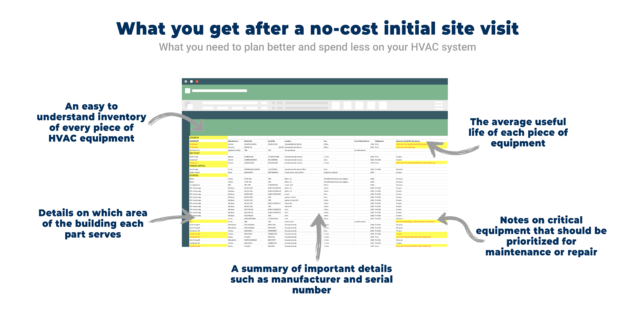
Proper maintenance saves time, money, and hassle
We’ve shared story after story about how stop-gap or short-term solutions waste tens of thousands of dollars, and many of the people who faced these were under the assumption that their equipment was being maintained.
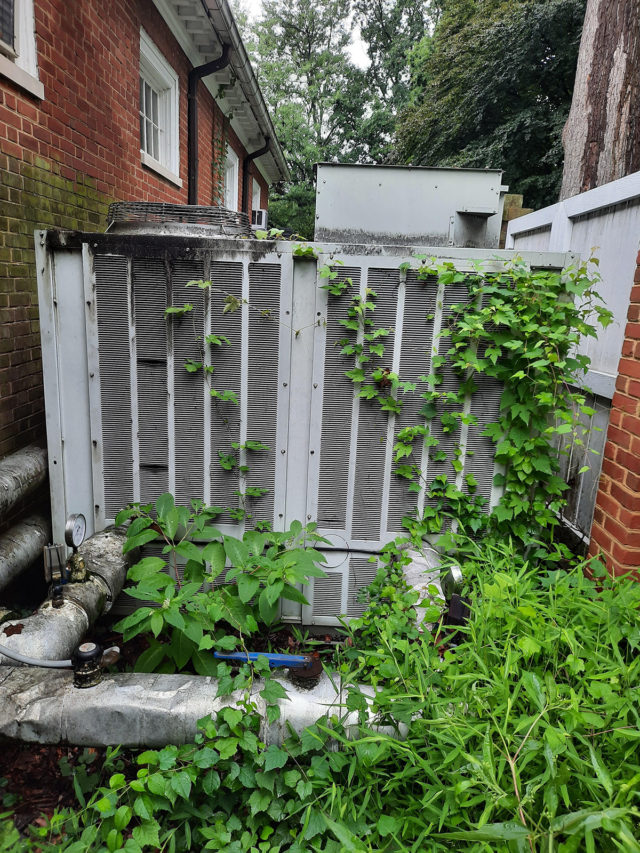
Overgrown by vines, rusted and dilapidated, “crud” in all the crevices…oh my! Here’s what you want to make sure your HVAC doesn’t look like.
Proper maintenance means that you get proof, like this detailed HVAC maintenance report, that has more than checked boxes, but measurements, and photo documentation to show what work was done. Without that, you can’t be sure your systems are healthy.
Planning for replacements should start 6 – 12 months in advance
You’ve got a plan in place, and now it’s all about timing. It’s hard to get timing perfect, so the best you can do is to plan ahead. Not only is equipment availability hit or miss — we recently helped a client get the last replacement unit that would be available for the next 5 months — manufacturers are increasing their prices by 7-10% every couple of months. Because of the ongoing global supply chain issues,
The timeline for planning if you’re thinking of reconfiguring — as in, not replacing your system with the exact same setup — gets longer. With design and engineering, this type of replacement needs to be planned out a year in advance.
Here’s another example of how not planning well in advance can result in huge unnecessary expenses. We were recently called into a church in Chantilly, because their 80 ton cooling system failed. It was the peak of summer and there was no other option but to find a temporary solution to cool the church while they waited for a new cooling system. The most cost-effective temporary fix, replacing the system’s compressor, still ran $30,000. That didn’t include the cost of the eventual replacement.
Sadly, this church was already aware there were some issues with the cooling system, but hadn’t put a replacement plan in place during the off-season. The best time to start planning for replacements is 2 seasons before that equipment will be in use again.
A good HVAC partner will give you options
You shouldn’t ever feel cornered into making a particular decision. In over 30 years of being in business and working with community organizations, even the more dire emergencies have a couple of options with different pros and cons. Perhaps the “quickest fix” is more expensive but you can’t afford the down time. On the flip side, there may be a more economical solution but it comes with a longer wait.
If you’re ready to plan better and waste less money on HVAC maintenance, repair, and replacement, get in touch. Most community organizations qualify for a no-cost initial site visit and you’ll come out with information you can put to use right away.


